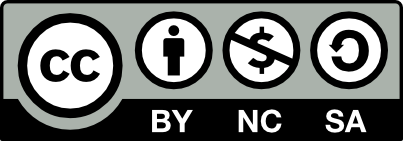Awareness & Knowledge of thrombotic prophylaxis among medical staff in a tertiary care hospital in Karachi, Pakistan.
Main Article Content
Abstract
Objective: To assess the knowledge, attitudes, and practices (KAP) of physicians regarding thrombotic prophylaxis in hospitalized patients at a tertiary care hospital in Karachi, Pakistan.
Methodology: For this cross-sectional study, Ethical approval from the Institutional Review Board of JPMC (NO.F.2-81/2024-GENL/66/JPMC) was sought. A questionnaire assessing demographics, Guideline Recommendations, Atti-tudes and Current Practices regarding venous thromboembolism (VTE) used to collect data during October 2024 to March 2025 from 172 physicians from either gender having varied designation.
Results: Participants were knowing that the Wells' Criteria is the most commonly used risk assessment tool (58.1%) and Enoxaparin was the preferred pharmacological agent (51.2%). Only 44.8% believed half of inpatients need prophylaxis, and 49.4% reported its use in less than 25% of patients. Residents were found to be well-versed with international guidelines as compared to consultants and medical officers. 57% doctors reported lack of formal thromboprophylaxis guidelines and hospital policies.
Conclusion: There are significant deficiencies and disparities in physicians' knowledge, attitude, and practice regarding VTE, emphasizing the importance of educational initiatives, as well as adherence to standard guidelines, if VTE preven-tion practice is to be optimized.
Key words: KAP, Vascular Diseases, Embolism and Thrombosis, Thromboembolism, Venous Thromboembolism, Guideline.
Downloads
Article Details

This work is licensed under a Creative Commons Attribution-NonCommercial-NoDerivatives 4.0 International License.
Journal of Muhammad Medical College (J Muhammad Med Coll) belief that all researches are basically conducted for the benefit of humanity. Research is the product of an investment by society and consequently its fruits should be returned in a transparent fashion to all humankind without any discrimination.
Journal of Muhammad Medical College is an open access journal which means that all content is freely available without charge to users or / institution. When used non-commercially all users are allowed to read, download, copy, distribute, print, search, or link to full text articles in this journal without asking prior permission from the publisher or author as long as original author(s) are acknowledged.
Journal of Muhammad Medical College operate under Creative Common License CC-BY-SA that allow reproduction of articles free of charge, for non-commercial use only and with the appropriate citation information. All authors publishing with Journal of Muhammad Medical College accept these as the terms of publication.

This work is licensed under a Creative Commons Attribution-NonCommercial-ShareAlike 4.0 International License